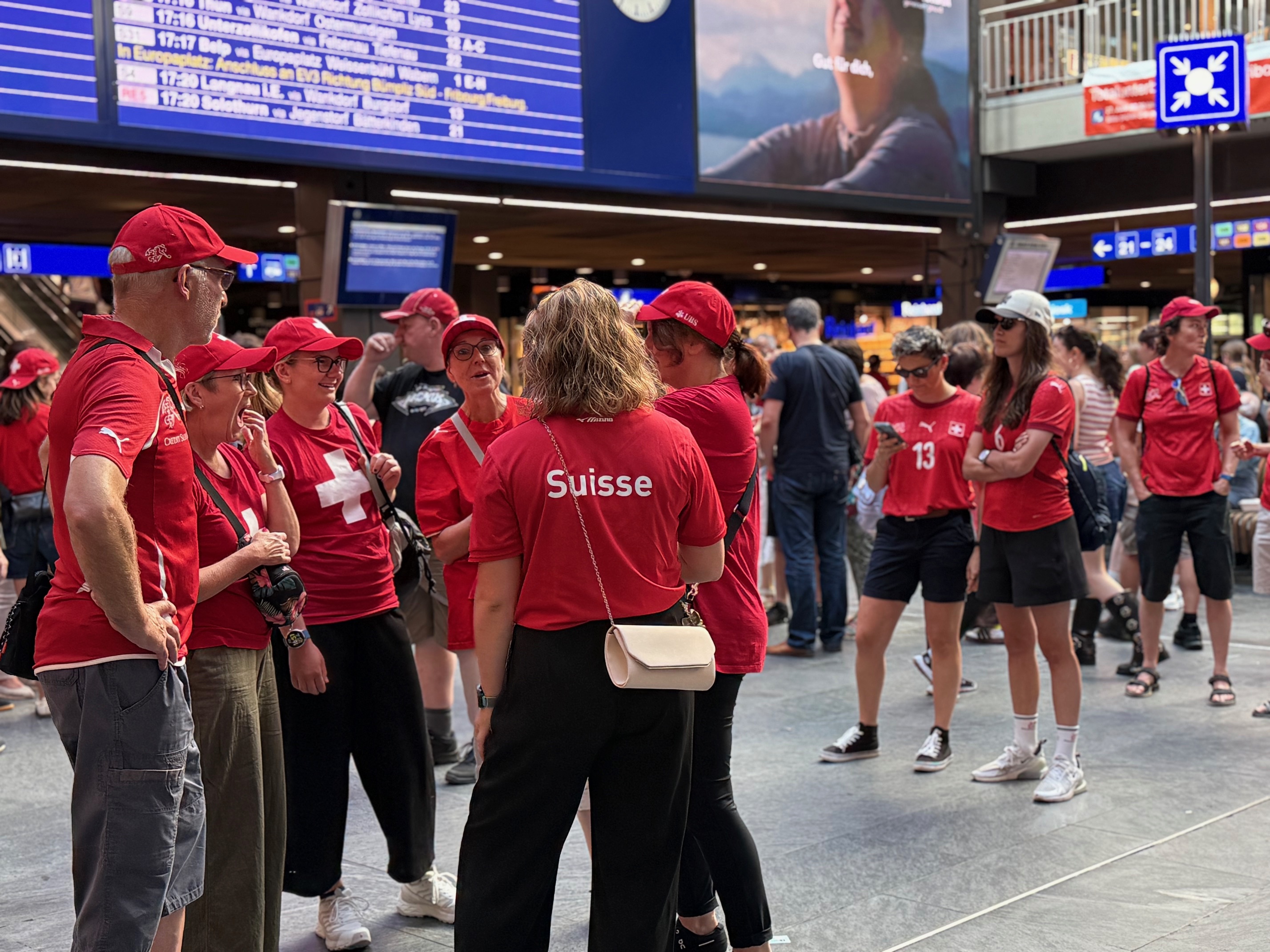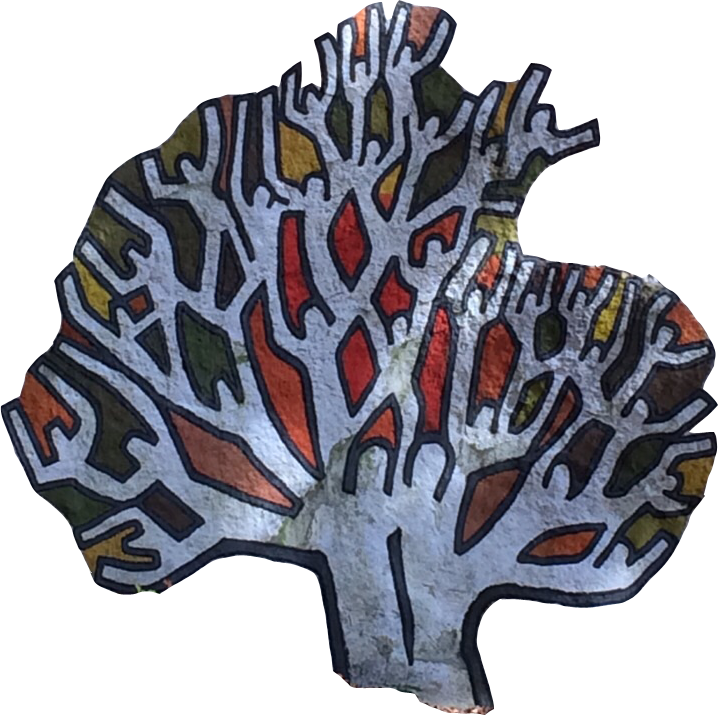ubuntu
«Umtu ungumtu ngabantu – I am human because you are human ». He invited us to put goodness and shared humanity at the core of our interactions. Ubuntu inspires the name of this site, and beyond it, my whole professional commitment.
Culture can change…for the better

For so many years, women football players were barely accepted, hardly respected, grossly underpaid, totally underrepresented in the media, and had to cope with endless chauvinist and sexist comments and jokes.
Unwavered, they kept training, working hard, playing football. Some became inspiring leaders and role-models. Bit by bit, they helped society to expand its perspectives, open their minds, watch a game for the football quality of the game, the skills of the players.
This is at least what seems to have emerged in the 2022 Women’s Euro in Great Britain. The audiences for that championship had never been reached before.
The UEFA Women’s Euro 2025 in Switzerland completed the change in paradigm at the European level. Enormous crowds flooded the host cities, streaming through the many avenues to the stadium. In Bern, dressed in the color of their national team, they turned into a joyful red river, flowing from the station to the stadium.
Hundreds of thousands of persons watched the games, the media reported excitedly, the games were a topic of conversation at home and during the breaks at work.
Most games were of excellent quality, fast and elegant, and there was far less violence, in and around the fields, than when men play.
In Switzerland, a new phenomenon emerged, the women’s national football team, coached by the incredibly gifted and strategic Pia Sundhage, had become a fully-fledged national team. Players were known and supported. The communion between the public and the team was of a very unusual quality, almost sacred.
The UEFA Women’s Euro 2025 was a serious matter. Finally.
Yes, cultures can know these wonderful moments of being more inclusive, more life-giving, more just. In Switzerland, we have just experienced it. What a joy.
May this momentum be nourished, last and grow.
I look forward to future high-quality football games, men’s games and women’s games.
Working with interpreters – at the heart of intercultural communication

Working in a multicultural society means that we often have to interact – and try to develop a common understanding – with people with whom we have no shared verbal language.
This happens, for example, in local government offices, in day nurseries and schools, in doctors’ surgeries and hospital departments, during police interventions, during interactions between tenants and property management agencies or caretakers, and at consulates, public swimming pools, and centres for asylum seekers.
How can we communicate and find solutions if we are unable to understand each other verbally?
Linear and circular communication

Have you ever rolled your eyes in a meeting or during a conversation, wondering when the person talking would finally get to the point? This might mean that your communication style is linear, whereas the other person's is circular!
Do you ever feel like the person you're talking to or who's sent you a message is a bit careless and offhand, even slightly rude? This might mean that your communication style is circular, whereas the other person's is linear!
These two styles of communication, both of which have their strengths and weaknesses, are often the source of misunderstandings and irritations in our interactions. In the workplace, a clash of communication styles can have more serious consequences – such as not hiring a person or even firing them.
Fundamental Human Needs and Integration in another Culture

In the past years, migratory movements have grown in intensity. They are the visible sign of numerous upheavals at a planetary level: political, climatic, ecological and social. Western countries have to face the fact that these migrations concern them as well. Welcoming migrant persons and accompanying their process of integration raises many complex questions, both for the migrants and for their host countries.
This article is intended especially for institutions that specialize in accompanying migrant persons and for individuals who commit themselves to journeying with migrants during their process of integration. It will explore the complex dimensions of an integration process through the lens of Manfred Max-Neef’s concept of «Fundamental Human Needs» as modified by Anne Hope. This framework can help us grasp the immensity of the task of integration, both for the migrant person and the host country.
Intercultural communication from the point of view of waste management

Switzerland has long been one of the leading countries in the area of waste recycling. For decades, the country has recycled practically everything. Households sort glass, paper, compost, aluminium, batteries, plastic, clothing, coffee capsules, portable phones, computers, and televisions for recycling. And this list is far from exhaustive. Industry, construction, offices and ministries, towns, train stations, church parishes – everyone recycles. Very clear rules Not only is everything recycled, but things are sorted according to very clear rules: cardboard does not go with paper, cooked vegetables must not be put in the compost, and definitely no meat or cheese. Glass bottles are separate from plastic bottles, and clear glass does not go in the same container as brown glass.
ubuntu communication
Véronique Schoeffel
Riedmatte 18
CH-2576 Lüscherz / Switzerland
T: +41 79 462 54 93
Mail: vero-nobuntu@bluewin.ch![]()
© 2026- ubuntu communication
Photos:
Freepik (1)
Marcel Kaufmann (1) / comundo
Jürgen Müller
